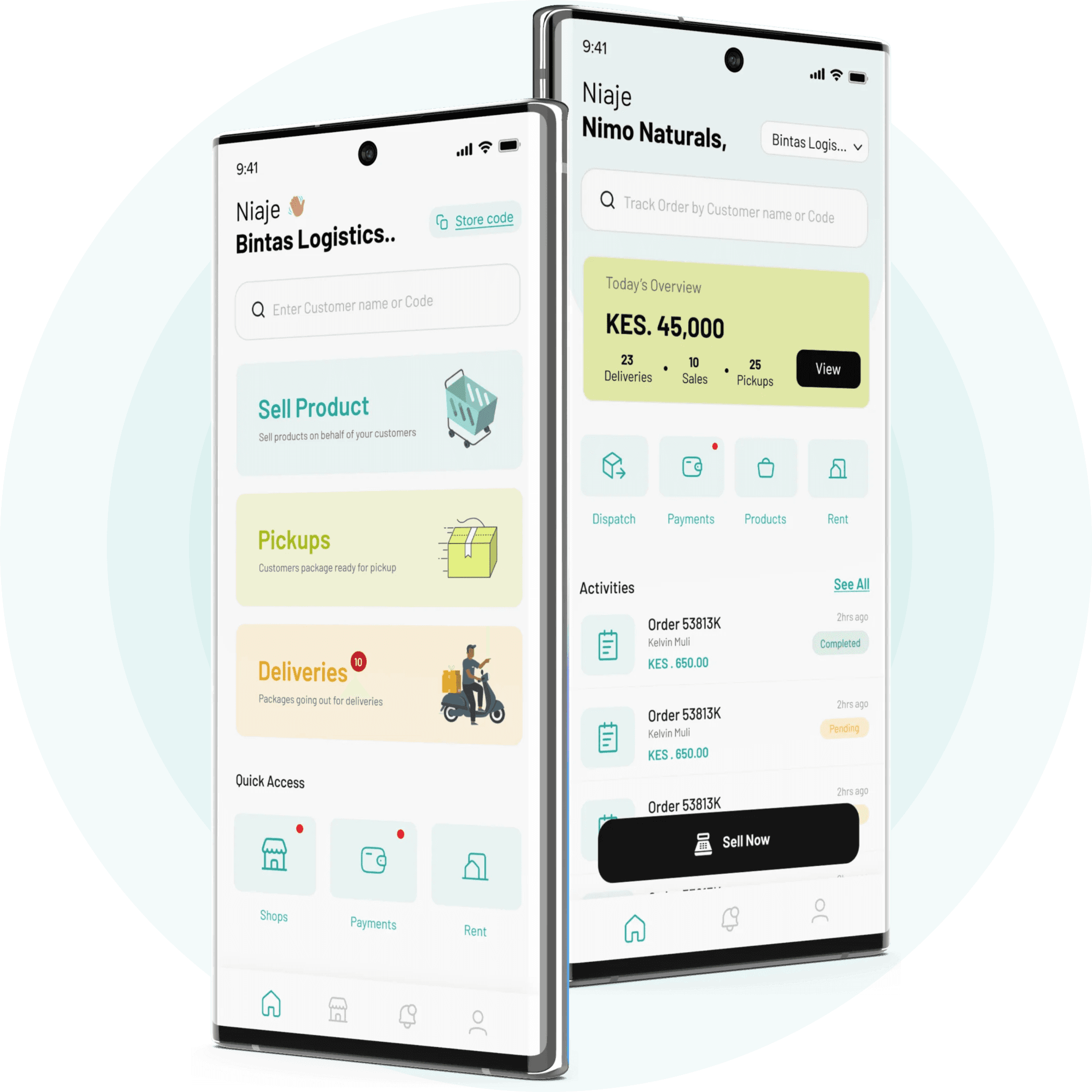How the U.S. Regulates Betting Platform Source Code — A Lesson for Kenya
In Kenya, concerns around betting platforms manipulating the public are growing. It's time we learn from mature regulatory frameworks such as those in the United States, to ensure the integrity of these platforms.
0 mins read
Apr 23, 2025
By Peter Muhia

In Kenya, concerns around betting platforms manipulating the public are growing. It's time we learn from mature regulatory frameworks such as those in the United States to ensure the integrity of these platforms.
In USA the Government does not demand full access to the source code of betting platforms. Instead, they enforce rigorous technical standards specifically designed to prevent manipulation, fraud, and unfair practices. Let's talk about their approach:
Third-Party System Audits
Independent, accredited testing laboratories, such as Gaming Laboratories International (GLI) conduct thorough software reviews of betting platforms. These audits involve inspecting:
- Random Number Generator (RNG) systems: To guarantee fairness in gaming outcomes.
- Odds algorithms: To verify transparency in how odds are calculated.
- Game outcomes: To confirm the absence of any rigging.
These audits are a prerequisite for a platform to launch and are sometimes required at regular intervals thereafter.
Source Code Escrow Requirements
Certain U.S. jurisdictions mandate that betting companies deposit their source code with an escrow service, a reliable third party responsible for securely holding the code. This requirement ensures that:
- The government or regulatory bodies can examine the code in the event of a dispute or investigation.
This requirement ensures that:
- The government or regulatory bodies can examine the code in the event of a dispute or investigation.
- Consumers are safeguarded if the operator acts improperly or ceases operations unexpectedly.
This is something that Kenya should implement to prevent betting platforms from concealing their operational mechanics.
Regulatory bodies require betting companies to provide comprehensive system architecture documentation, detailing:
- The processes involved in handling bets.
- The flow and storage of data.
- The methods used to generate results.
- The APIs utilized for integrating with third-party services.
System Updates
Any updates to betting software must be reported to regulators. Critical software components, especially those affecting game outcomes or user data, must:
- Be approved before deployment
- Be documented with changelogs
- Undergo re-auditing if necessary
This makes it nearly impossible for platforms to secretly introduce rigged algorithms or modify odds without accountability.
Why Kenya Needs Similar Standards
In Kenya, lack of a robust regulation framework allows betting companies to exploit users through:
- Shadowy algorithms
- Rigged odds
- Unfair "bonus" schemes
By implementing mandatory software audits, source code escrow arrangements, and robust change management protocols, Kenyan regulatory bodies can effectively safeguard users, foster trust in the betting ecosystem, and ensure the accountability of betting companies.
Kenya is a nation, not a loot lounge. A lot of unemployed youths who are turning to betting in hopes of changing their fortunes should not be taken advantage of. They’ve already faced enough hardship. The state must step in and protect them by enforcing stricter regulations that compel betting companies to operate with greater transparency.

